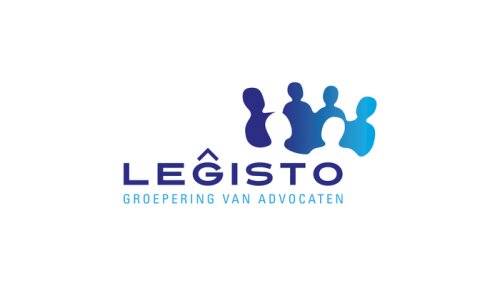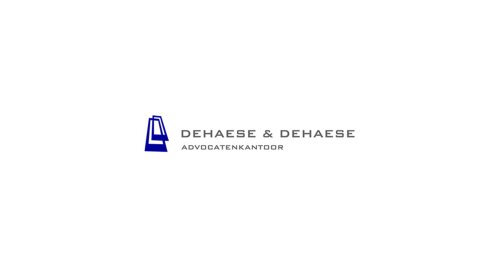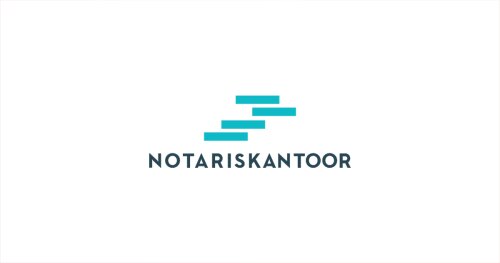Best Franchising Lawyers in Belgium
Share your needs with us, get contacted by law firms.
Free. Takes 2 min.
Or refine your search by selecting a city:
List of the best lawyers in Belgium
About Franchising Law in Belgium
Franchising in Belgium is a prevalent business practice that allows individuals or companies (franchisees) to operate a business under the brand and system of an established company (franchisor). The Belgian market is known for its diversity and openness to various international brands, thanks in part to its strategic location in Europe. While franchising offers numerous opportunities, it also involves navigating through a specific set of legal requirements and regulations established to protect all parties involved.
Why You May Need a Lawyer
There are several reasons why individuals may require legal assistance when involved in franchising in Belgium:
- Negotiating Franchise Agreements: Franchise agreements can be complex, with terms that need careful negotiation. Legal expertise ensures fair and beneficial terms.
- Compliance with Local Regulations: Understanding and complying with Belgian franchising laws can be challenging. Lawyers help ensure that both franchisors and franchisees meet all legal requirements.
- Resolving Disputes: Disputes may arise over contract terms, operations, or trademark issues. Legal support is crucial for dispute resolution and maintaining healthy franchise relationships.
- Intellectual Property Protection: Protecting trademarks and intellectual property within franchise arrangements requires legal guidance.
- Termination and Renewal of Agreements: Navigating terms related to the end or renewal of franchise agreements can be legally complex and may require professional advice.
Local Laws Overview
Belgian franchising law primarily revolves around the pre-contractual disclosure obligation, as laid out in the Law of 19 December 2005, also known as the 'Loi Laruelle.' This law dictates the necessary information a franchisor must provide to a prospective franchisee before the agreement is signed, including:
- A comprehensive disclosure document to be provided at least one month before the signing of any agreement.
- Details about the franchisor’s business history and financial statements.
- Information regarding intellectual property rights related to the franchise.
Failure to comply with these obligations can lead to the annulment of the franchise agreement and potential legal action. Belgian law also respects international agreements and EU regulations that influence franchising practices.
Frequently Asked Questions
What is the 'cooling-off' period in Belgian franchising?
Under Belgian law, prospective franchisees must be given a minimum of one month to review all disclosed documents before agreeing to a franchise contract. This period allows ample time to seek legal advice and make informed decisions.
Is franchising regulated at the EU level?
While there is no specific EU-wide franchising law, general EU regulations concerning competition, commerical practices, and intellectual property impact franchising in Belgium. However, Belgian national laws such as the 'Loi Laruelle' provide specific local regulations.
Do I need a registered trademark to franchise in Belgium?
Having a registered trademark is highly advisable as it protects brand identity and is often a requirement in franchise agreements. Legal counsel can assist in obtaining trademark registration.
What happens if a franchisor fails to disclose necessary information?
Failure to provide mandatory disclosures can lead to the termination of the franchise agreement and potential legal consequences for the franchisor.
Are franchise fees negotiable?
Yes, franchise fees may be negotiable, but the degree to which terms can be modified depends on the franchisor’s policies and willingness. Legal advice can be beneficial during these negotiations.
Are there specific taxes for franchising in Belgium?
In Belgium, general corporate taxes apply. Franchisees must comply with VAT, income tax, and possibly additional regional taxes, depending on the location. Professional tax advice is recommended.
What is a master franchise agreement?
A master franchise agreement grants the master franchisee the rights to open and operate multiple businesses within a certain territory, often with the power to sell sub-franchises.
Can a franchise agreement be terminated early?
Early termination is possible but often includes specific conditions and penalties. Legal guidance is critical in understanding these contractual clauses.
What are common reasons for franchise disputes?
Disputes frequently arise over issues such as non-compliance with contract terms, inadequate support from the franchisor, and competition concerns.
What legal recourse is available in franchising disputes?
Disputes can be handled through mediation, arbitration, or litigation in court. Often, franchise agreements outline preferred methods for dispute resolution.
Additional Resources
For further guidance on franchising in Belgium, consider the following resources:
- Belgian Franchise Federation: An organization that offers support and resources for both franchisors and franchisees in Belgium.
- FPS Economy, SMEs, Self-employed and Energy: The government body responsible for oversight of economic policies, including franchising.
- European Franchise Federation: Provides insight into franchising at a pan-European level, respecting both EU and local legislations.
Next Steps
If you are considering a franchise in Belgium or require legal assistance, it is advisable to:
- Engage with a lawyer specializing in franchising law to ensure compliance and protect your interests.
- Request detailed disclosure documents from the franchisor and review them thoroughly with legal support.
- Join industry organizations, such as the Belgian Franchise Federation, for networking and additional resources.
- Stay informed of any legal changes that may impact your franchising activities in Belgium.
Lawzana helps you find the best lawyers and law firms in Belgium through a curated and pre-screened list of qualified legal professionals. Our platform offers rankings and detailed profiles of attorneys and law firms, allowing you to compare based on practice areas, including Franchising, experience, and client feedback.
Each profile includes a description of the firm's areas of practice, client reviews, team members and partners, year of establishment, spoken languages, office locations, contact information, social media presence, and any published articles or resources. Most firms on our platform speak English and are experienced in both local and international legal matters.
Get a quote from top-rated law firms in Belgium — quickly, securely, and without unnecessary hassle.
Disclaimer:
The information provided on this page is for general informational purposes only and does not constitute legal advice. While we strive to ensure the accuracy and relevance of the content, legal information may change over time, and interpretations of the law can vary. You should always consult with a qualified legal professional for advice specific to your situation.
We disclaim all liability for actions taken or not taken based on the content of this page. If you believe any information is incorrect or outdated, please contact us, and we will review and update it where appropriate.
Browse franchising law firms by city in Belgium
Refine your search by selecting a city.
















